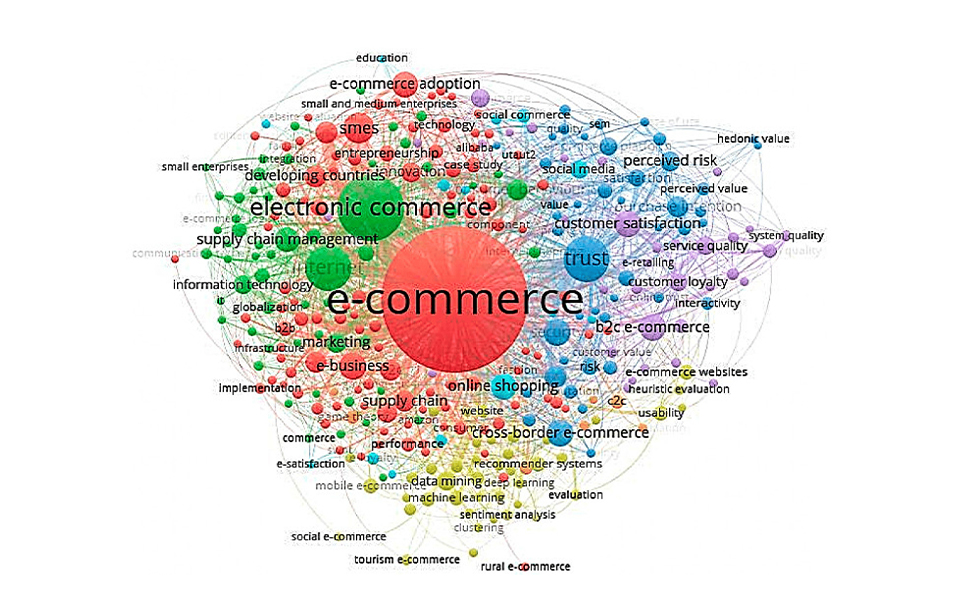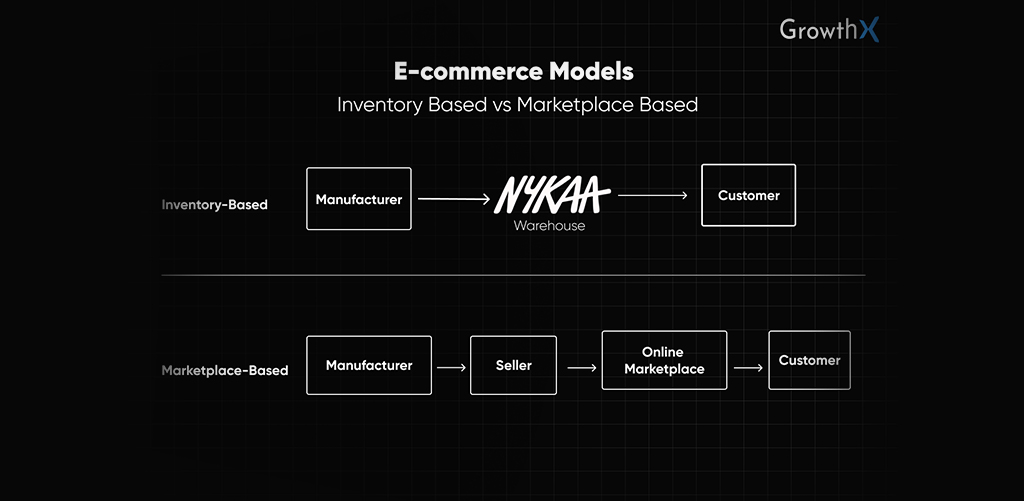

The fashion retail industry has undergone significant changes in the aftermath of the COVID-19 pandemic. New consumer preferences, technological advancements, and economic shifts have redefined the way brands operate and engage with their audiences. For those aspiring to build a career in fashion business management, understanding these changes is crucial. At JD Institute of Fashion Technology, the Fashion Business Management course equips students with industry-relevant insights and skills, preparing them for success in this dynamic field.
Let’s take a closer look at how the fashion retail landscape is evolving.
The pandemic accelerated the adoption of e-commerce, making it a primary revenue channel for fashion brands. Today, digital-first strategies are no longer optional—they are essential for survival and growth. Examples:
Zara has integrated its physical and online stores, allowing customers to shop seamlessly across both platforms.
H&M uses AI to optimize inventory and provide personalized recommendations.
Indian platforms like Myntra and Ajio offer AI-powered virtual trial rooms, enabling users to try outfits digitally.

E-commerce has also expanded to include smaller brands and artisans, giving them a global reach. Platforms like Etsy have become a hub for sustainable and handcrafted fashion.
Insight for Students: JD Institute provides in-depth knowledge of e-commerce strategies, equipping students to manage digital platforms and optimize customer experiences.
Sustainability has shifted from being a trend to a necessity. Consumers are increasingly conscious of the environmental and social impact of their purchases, pushing brands to adopt ethical practices. Examples:
Patagonia champions circular fashion with its repair and resale programs.
Levi’s promotes sustainable production through water-saving technologies and recycled fabrics.

Indian brand FabIndia supports rural artisans and uses organic materials.
From sourcing eco-friendly materials to reducing carbon footprints, brands are integrating sustainability into their operations.
Insight for Students: The JD Institute curriculum emphasizes sustainable Fashion Business practices, enabling students to drive positive change in the industry.
Physical retail is making a comeback, but with a twist. Stores are no longer just transactional spaces; they are becoming immersive experiences. Examples:
Nike Live stores feature personalized services and exclusive products tailored to local communities.
Lululemon combines retail with wellness by offering yoga classes and meditation spaces.

Tata CliQ Luxury has introduced lounges where customers can explore curated collections in a premium environment.
Experiential retail enhances brand loyalty and provides customers with a reason to visit physical stores, even in a digital age.
Personalization has become the key to customer retention. Advanced technologies like artificial intelligence (AI) and machine learning (ML) are enabling brands to deliver tailored experiences.
Examples:
Stitch Fix uses AI to curate personalized outfit recommendations for its customers.
Nykaa Fashion in India leverages browsing data to create custom shopping experiences.

Uniqlo utilizes heat-mapping technology in stores to optimize product placement.
From chatbots to AR-based virtual try-ons, technology is transforming every aspect of the shopping journey.
Social media platforms have evolved into powerful retail channels, enabling brands to connect directly with consumers. Influencer marketing and shoppable posts have become central to fashion retail strategies. Examples:
Shein leverages micro-influencers to drive global sales.
FabIndia uses Instagram Live sessions to showcase its collections and connect with audiences.
Tanishq launched its latest collection with the help of celebrity influencers, enhancing brand visibility.
Social commerce, where consumers can shop directly through platforms like Instagram and TikTok, is growing rapidly.
Insight for Students: JD Institute’s Fashion Business course covers digital marketing and social commerce strategies, preparing students to navigate this evolving space.
The Fashion Business Management course at JD Institute is designed to prepare students for the challenges and opportunities in the modern fashion retail landscape. Key features include: